Category: braintypes
-
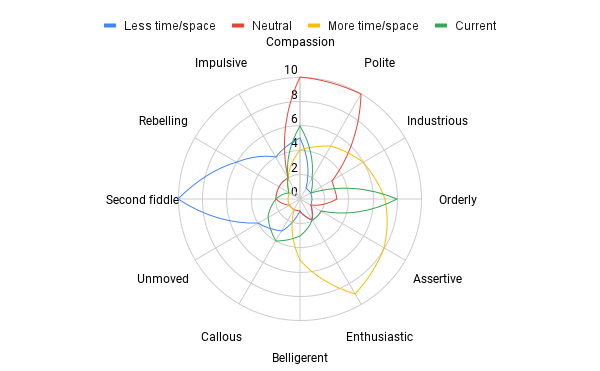
Team dynamics based on brain types
Some teams are friends teams while other teams are fighters. There are many reasons for this difference, but in large part it has to do with the personality of the players in the team. Cybernetic Big Five Theory (CB5T) is the neuroscientific way to map this. When you do so, you find that there are…
-

Profile: Messi = brain type #9, the Mediator
Social Stability In the context of football, “Social Stability” can refer to a player’s ability to maintain consistent and positive interactions with teammates, coaches, and others in the football community. It can also refer to a player’s ability to handle pressure, maintain discipline, and adapt to different social environments. Lionel Messi, the Argentine professional footballer…
-
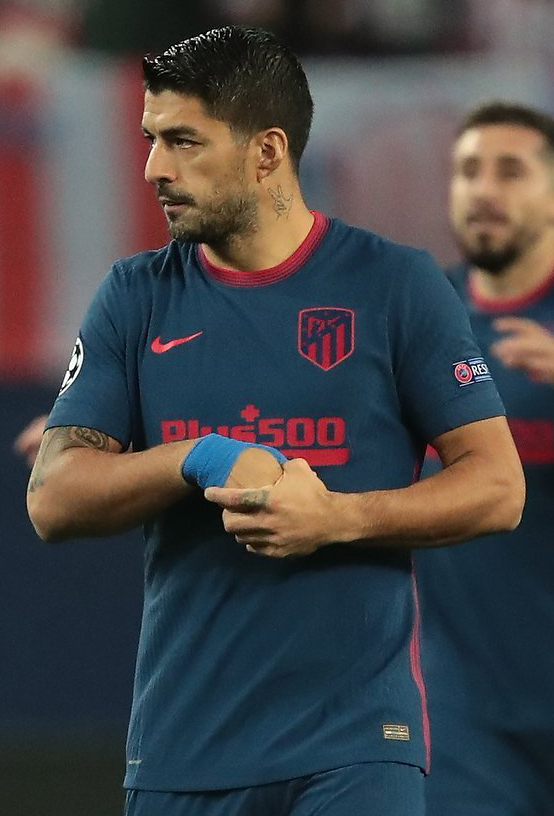
Profile: Luis Suarez = brain type #8, the Boss
Exploration In football, a player’s ability to explore can be seen in their creativity, versatility, risk-taking, and ability to exploit new spaces on the pitch. Luis Suarez, a Uruguayan professional footballer known for his impressive goal-scoring ability and offensive tactics. He scores high on Exploration for several reasons: Social Stability “Social Stability” in a football…
-
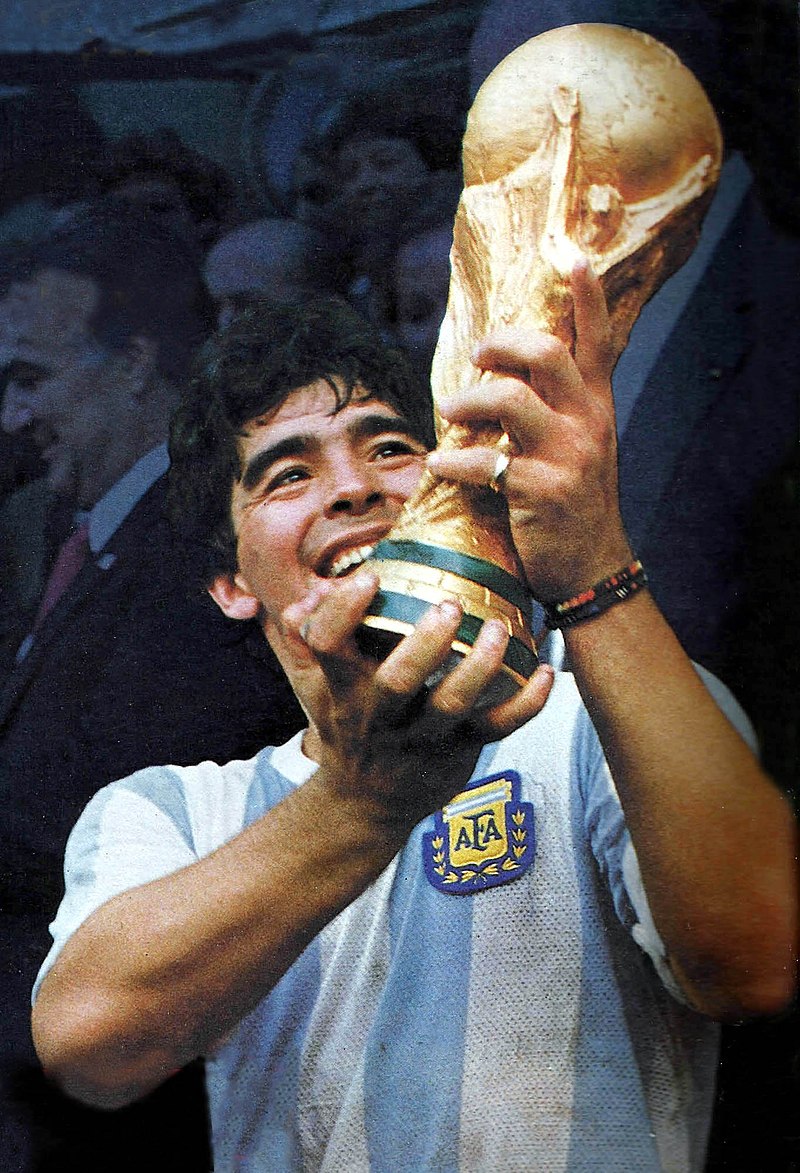
Profile: Maradona = brain type #7, the Hedonist
Exploration In the context of football, “exploration” could refer to a player’s ability to exploit different areas of the pitch, try new techniques, take risks, and innovate in gameplay. This ability often comes with a high degree of creativity, technical skill, and a deep understanding of the game. Diego Maradona, one of the greatest footballers…
-
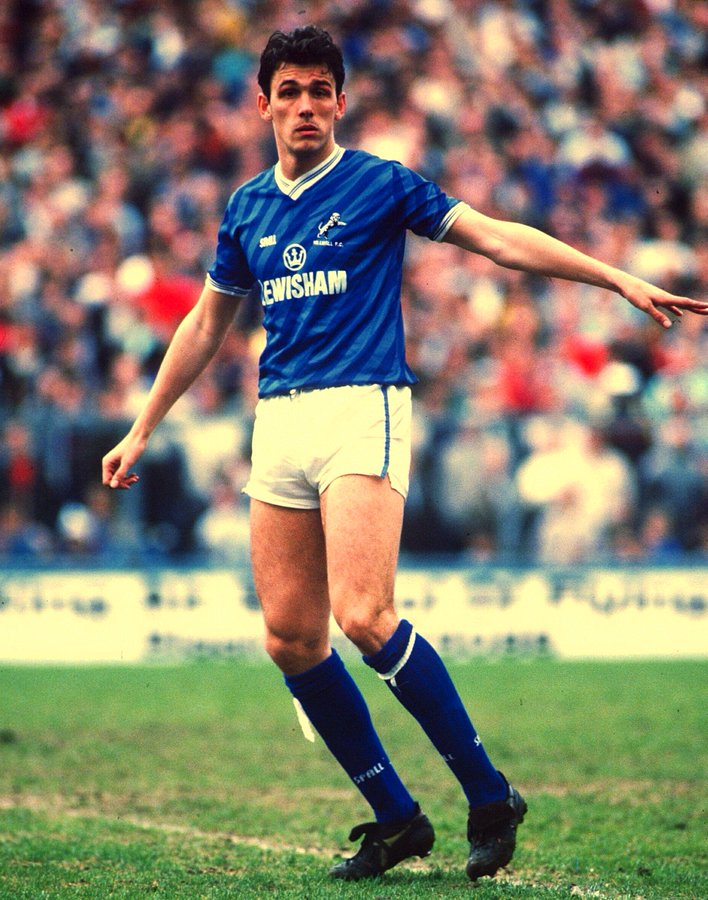
Profile: Tony Cascarino = brain type #6, the Loyalist
Autonomy Tony Cascarino, a retired Irish footballer, scores high on autonomy due to several reasons: Exploration Tony Cascarino scores high on Exploration due to various aspects of his career and personal traits: Detached Openness for Reasoning Unenthusiasm Submissive
-
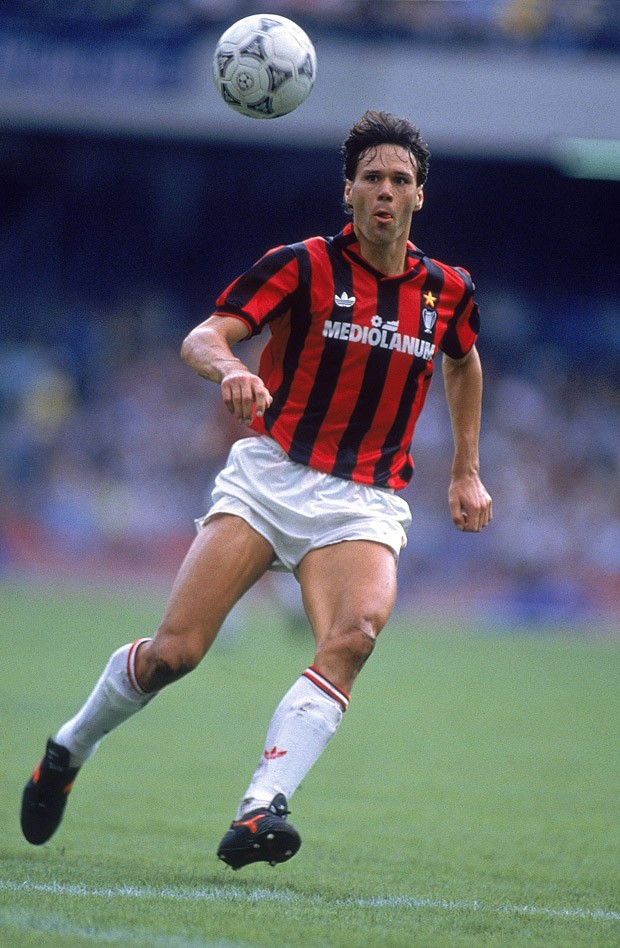
Profile: Marco van Basten = brain type #5, the Analyst
Autonomy Marco van Basten, a renowned Dutch footballer and coach, demonstrates high autonomy due to several reasons: Detached Marco van Basten’s perceived high score on Detachment could be due to several aspects of his personality and career: It’s important to note that being detached does not necessarily mean being indifferent or uncaring. In Van Basten’s…
-
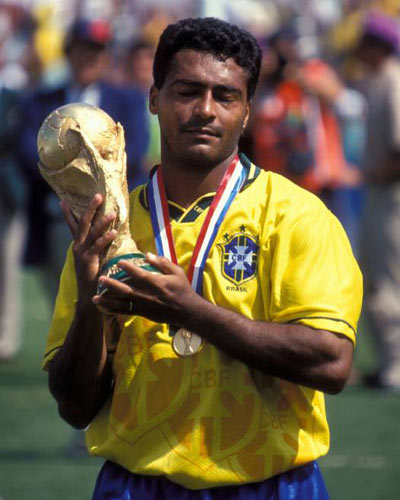
Profile: Romario = brain type #4, the Romantic
Autonomy Romário, a retired Brazilian footballer and now a politician, is often associated with a high degree of autonomy. This is due to several factors: Antagonistic Romário, throughout his career as a footballer and later as a politician, has exhibited traits associated with antagonism. Here are a few reasons why: Belligerent Romário’s high score on…
-

Profile: Ronaldo = brain type #2, the Helper
Exploitation In the context of football, “exploitation” often refers to the ability to take full advantage and derive benefit from opportunities on the field. In the case of a football player like Cristiano Ronaldo, these opportunities would include scoring chances, defensive weaknesses, and advantageous matchups. Openness for Experience Openness to Experience is a personality trait…
-
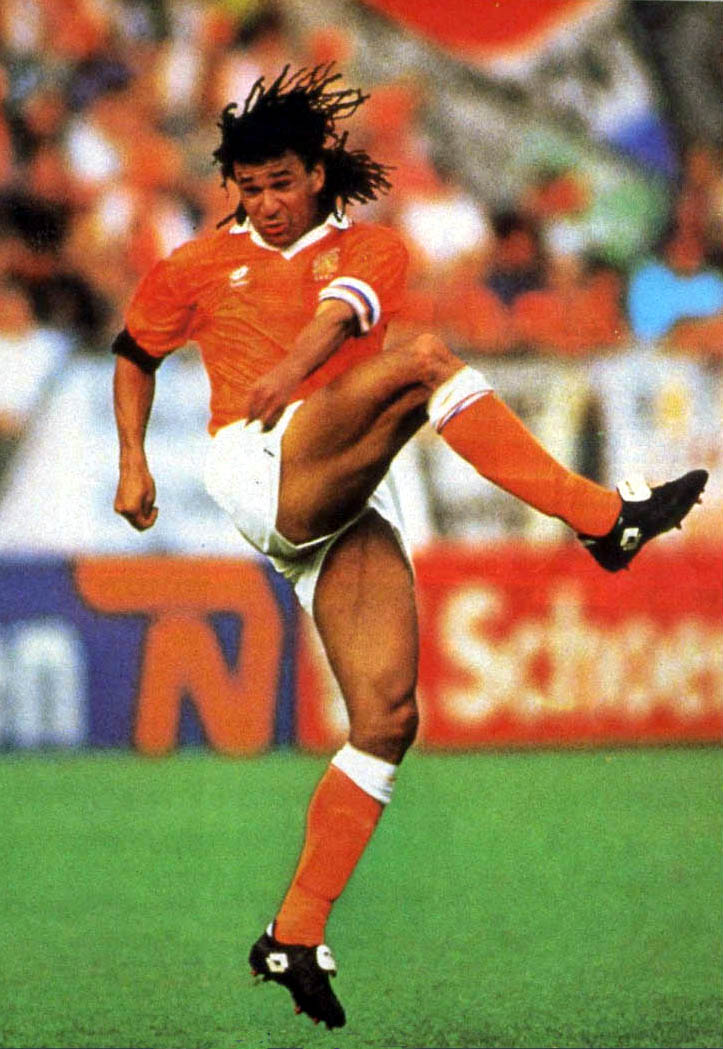
Profile: Ruud Gullit = brain type #3 the Successfull Worker
Exploitation In football terms, “exploitation” typically refers to a player’s or a team’s ability to take advantage of the weaknesses or mistakes of the opposing team. This can be done in various ways, such as exploiting gaps in the defense, taking advantage of a goalkeeper’s poor positioning, or capitalizing on a defender’s lack of speed…
-

Profile: Pep Guardiola = brain type #1, the Perfectionist
Social Stability Pep Guardiola, as a football manager, is known for his leadership skills, strategic acumen, and ability to build strong, cohesive teams. These qualities could contribute to a high score in Social Stability, which often refers to a person’s ability to maintain stable, positive relationships with others and contribute to the stability of their…